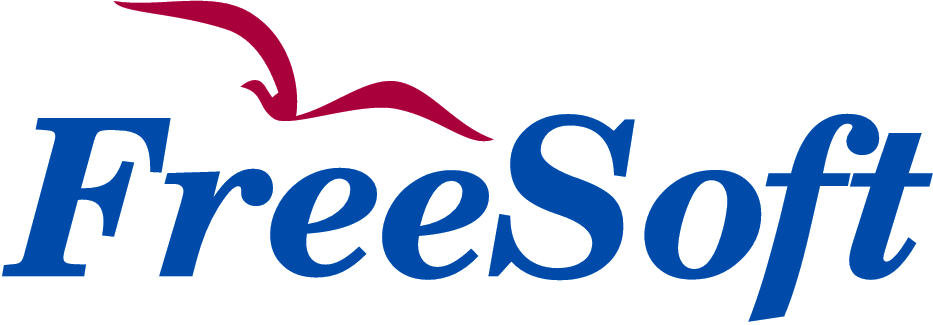COBOL conversion to Java
FreeSoft’s unified CodeLiberator transformation tool converts complete COBOL applications either running currently on Mainframe or open system to the Java stack including the business logic, data access and even user interfaces. The transformed Java application provides exactly the original equivalent functionality both in on-line mode and batch processing. The COBOL to Java conversion project leaves business as usual, as the impact on end-users is minimized. The Java system after COBOL transformation works the original identical way and Java provides the same services and user experience as the legacy COBOL system.
Transformation of COBOL language specific elements
All aspects of the COBOL programming and run-time environment are fully supported by the LiberatorWorkbench conversion framework to implement the original identical business functionality of programs in the Java technology stack. Statements or built-in functions that has no direct equivalent in OO languages like Java but are heavily used in COBOL coding among others REDEFINE; MOVE, ACCEPT; CALL; COMPUTE; INSPECT, STRING etc. or special data types are implemented with the same correctness and functionality in the converted Java application. Without these implementations an automated COBOL conversion solution is not able to produce a functionally correct and precise application migration for any business application so any language conversion solution must support these. The syntax and structure of the code is straightforward and simple to follow both for Java developers and COBOL programmers as well. CodeLiberator can use several design patterns and rules for COBOL to Java conversion so we can adjust the syntax of the resultant code to your requirements. We also provide turn-key solution to other COBOL or Mainframe specific infrastructure elements like replacing middleware integration, supervisor calls, etc.
Transforming COBOL on-line applications
COBOL on-line processing from the Mainframe 3270 terminals like CICS/BMS or IMS/DC is transformed to the target user interface technology by CodeLiberator. The Java user interface after COBOL transformation can be either thin-client web application with traditional web frameworks but CodeLiberator can also convert 3270 screens and processing to more rich GUI technologies like JavaFX. The converted Java application business logic can hosted in any Java enabled application server such as open source Tomcat or more robust middleware (IBM WAS; WebLogic; etc.). For the web application we support more architectural options like some frameworks e.g. JSF or preferably some very thin and light architecture like platform independent HTML/JavaScript with reactive programming. If a richer GUI is defined as the strategic platform for the COBOL conversion, LiberatorWorkbench is able to convert to JavaFX that communicates with the application server via http/JSON.
The transformation of 3270 or other screens used by the COBOL programs preserves the functionality and the structure of the screens, this way the need for end-users training is eliminated, clerks and business users will be able to use the converted Java application just the same way as the COBOL before.
Transformation of COBOL batch processing
Either in financial/insurance or other industries, COBOL batch processing is still a fundamental, mission-critical component of the workloads that run on the mainframe today. Batch programs coded in COBOL are also converted to Java with CodeLiberator and might be packaged and executed in simple Java archives or deployed in some specific containers after COBOL conversion. The Java batch programs expect the same input parameters and work with the same data as the original COBOL programs to execute the same business logic and data processing in the migrated relational database. The converted Java programs process the same input and output files like work files and print files, this way the results are fully identical with the original ones so the impact on operational environment (data travelling for export/import; FTP, SORT, printing; etc.) is either entirely eliminated or minimized. The other aspects of the transition from one programming language and technology stack to the other is also managed during COBOL transformation by FreeSoft (EBCDIC to ASCII and other aspects).
COBOL database access migration
When the underlying database is migrated in the legacy COBOL migration project, the data access statements are properly converted depending on the target database which can be relational engines (Oracle, DB2/UDB, MSSQL, etc.) but also NoSQL solutions or simply files. We support different kinds of data access types like separated DAO to keep it transparent or standard SQL. These COBOL data access statements either embedded SQL statements or file related – like VSAM, or indexed/sequential – are fully supported by our COBOL to Java code conversion solution and framework with 100% coverage. Transaction processing of the legacy COBOL application is also implemented in our COBOL conversion solution to preserve data integrity in any transaction or database.




 Eng
Eng 
 日本語
日本語 Br
Br De
De